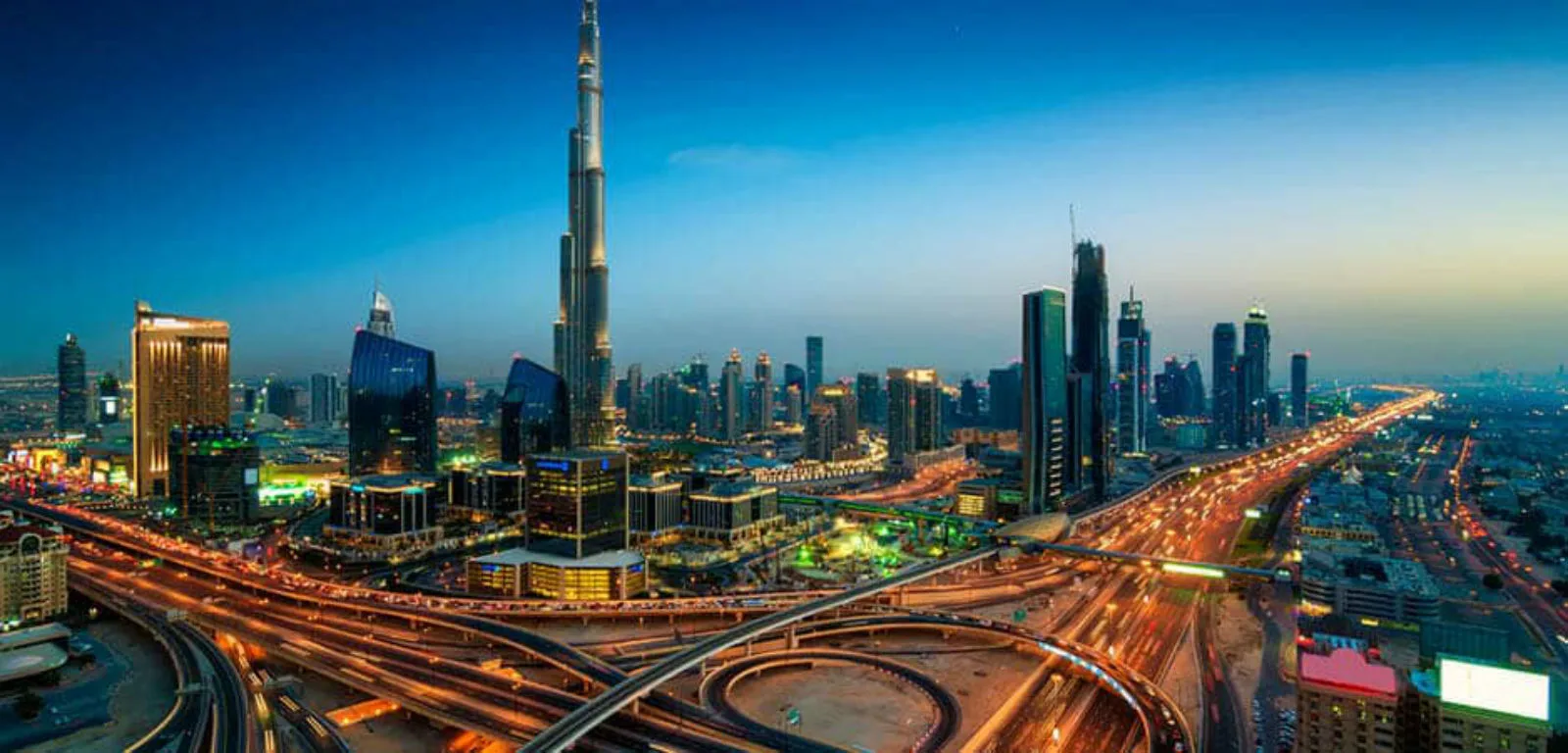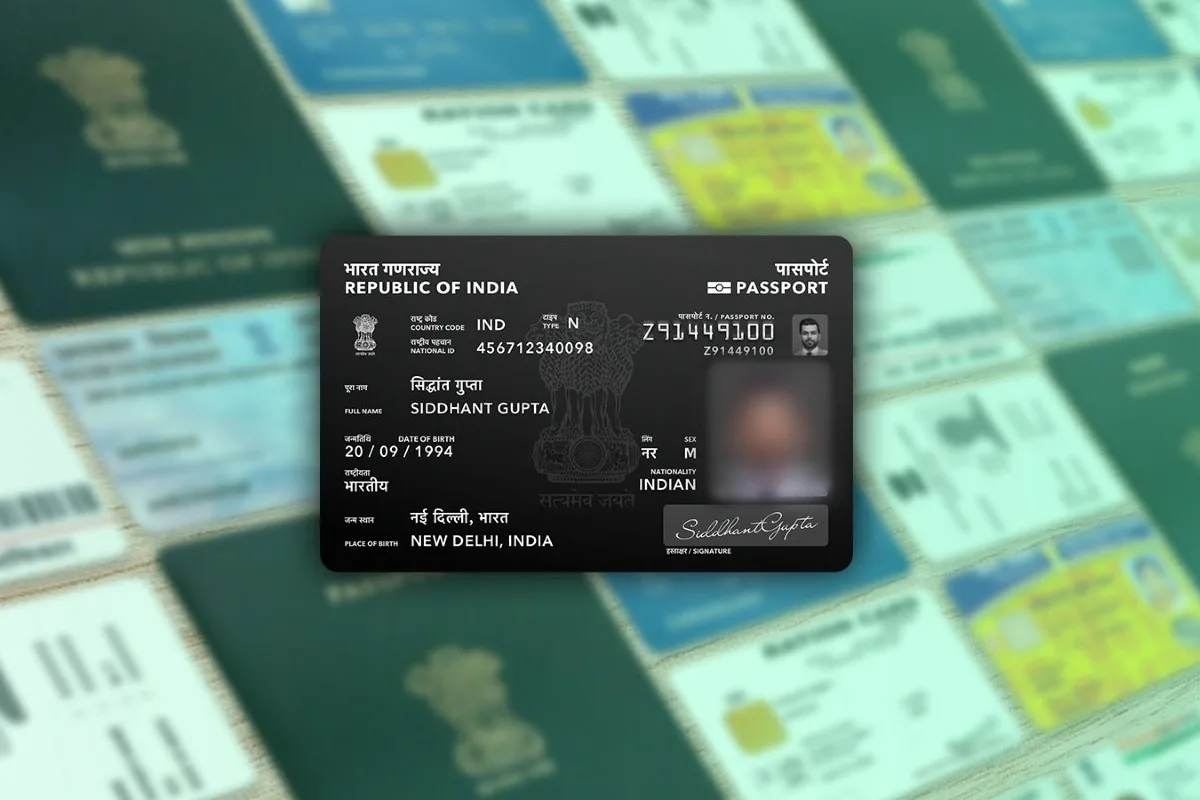If you are planning to migrate to these countries along with your hard-earned money then maybe you are not wrong, who wants to shell out the hard-earned money in a form of taxes? In the country like India where one has to pay the taxes for everything and right from the birth till one reaches the grave taxes won’t leave them alone. The Income Tax is something that adds up only an extra burden of tax to the existing taxation.
Of course, India is not the only country where one has to pay the Income Tax but there are many countries where there are huge taxation applied on the individuals and businesses, One such country is Sweden that has the highest income tax slabs where an individual had to pay up to 50% of his or her income in a form of tax. Countries situated in Northern Europe and North Atlantic generally have greater income taxes.
Why people have to pay the income tax in the first place? And how these 15 countries manage without the income tax? In India, the government generates revenue from the taxes collected from Individuals as well as the Businesses and use that money for the infrastructure developments. Now you will wonder how these 15 countries develop their infrastructure without collecting taxes from their citizens, the answer is simple, they have other sources of income.
Income tax is levied by most countries today and is paid at varied rates depending on a country’s tax laws. Income tax is essentially a tax charged on the net income of an individual or a business. This tax has to be filed annually by the taxpayer which later get accumulated into the Government treasury.
On the other hand, there are some countries with minimal and virtually no income tax at all. Such countries are either tax havens or they are countries whose economies are highly dependent on natural resources like oil. The revenues obtained from these oil-rich countries stabilise their economies to a degree that they can do without collecting income tax from their residents.
Countries with zero income tax rates are generally situated in the oil-rich Gulf region and the Caribbean islands. These countries are known around the world for being popular destinations for foreign investors and expatriates. Lets now take a look at these seven countries in the world where you will never have to pay the Income Tax.
- United Arab Emirates (AKA UAE)

The Arab country is the richest country in the world with highly rich natural resources by their side. They have rich natural resources like oil and natural gas in abundance and that generates all their income required for the infrastructure development or for the developments in the society.
Due to their rich natural resources, this country does not charge any income tax to the individuals or business and hence many individuals and businesses from abroad invest a huge sum of money into this country.
UAE has zero income taxes for individuals granting them the privilege of tax-free salaries. Corporate tax is levied only on foreign banks and oil companies leaving other industries tax free. But the country levies excise duty on selected goods and services while recently the country has imposed the Value Added Tax (VAT) on a majority of goods.
UAE also grants the avoidance of Double Taxation on overseas investment to all public and private companies and other companies operating in the country under the Double Taxation Agreements (DTA).
- The Bahamas
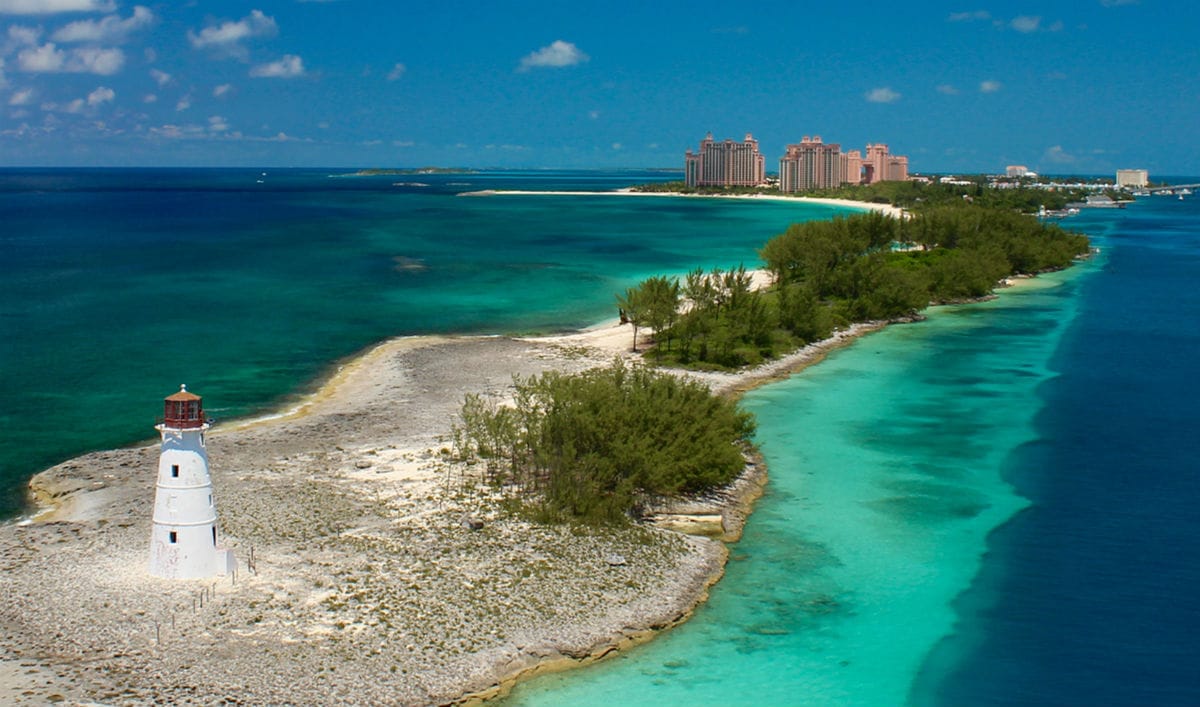
The Bahamas is situated in the Caribbean Islands, located 80 km (50 mi) south-east of the coast of Florida (USA) and north of Cuba. The Caribbean islands group consists of around 700 islands and islets, and more than 2,000 cays (coral reefs). Only about 30 islands are inhabited.
This Caribbean country has tax-friendly laws which make it an attractive destination for business investments and foreign financial institutions. This ‘tax haven’ do not collect taxes on personal or corporate income. Corporate taxes are levied on international companies operating in the Bahamas only if the revenue is derived locally. Other areas that are tax-free include wealth, inheritance and capital gains. The tax-free income benefits can be enjoyed by the residents of the country irrespective of getting citizenship.
- Qatar
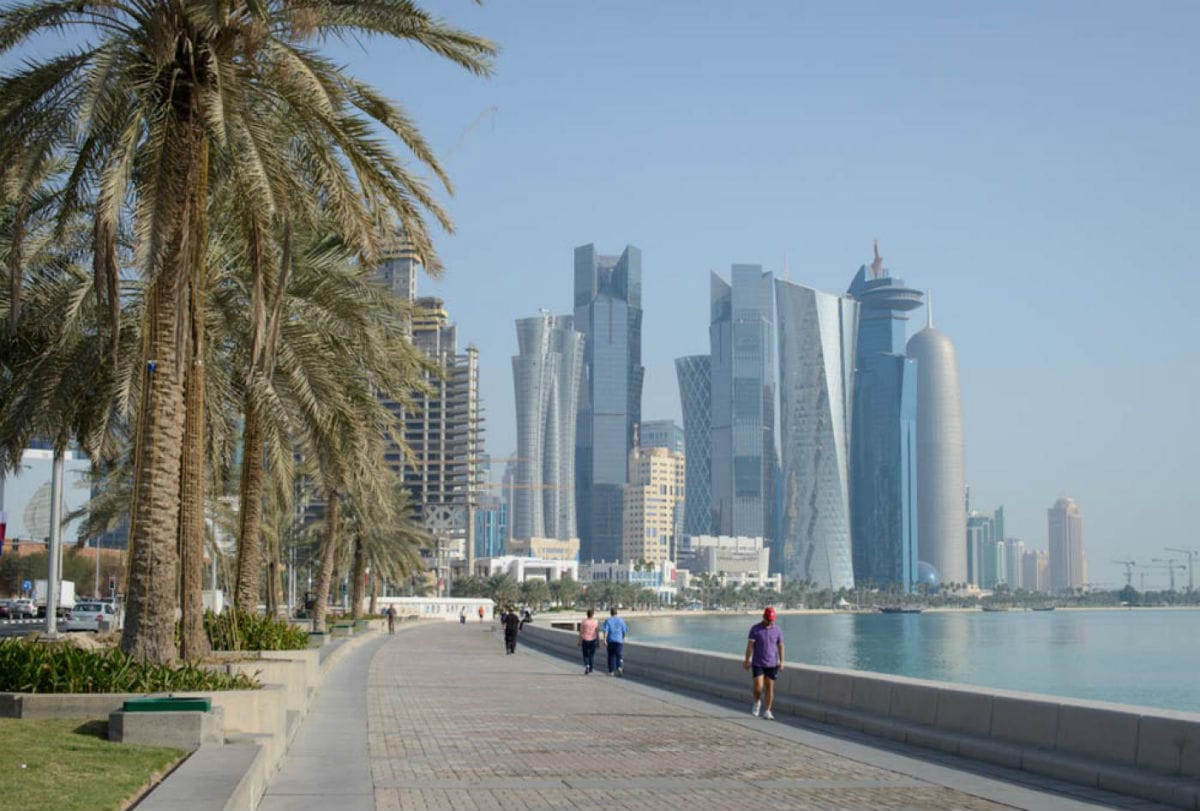
This is another Arab nation self-sufficient with the Oil Rich natural resources. This Arab nation grants tax-free personal income to individuals. However, commercial activity is subjected to company taxation that entails 10 per cent of the company’s total state income and has to be paid annually. A 10 per cent fixed tax rate is exacted from rental income too.
Its tax-free environment and sophisticated infrastructure attract a number of expatriates to this country. However, expatriates from specific countries including the United States, United Kingdom, Australia, Canada, Ireland and South Africa are subject to taxes according to the tax laws of their respective governments.
- Kuwait
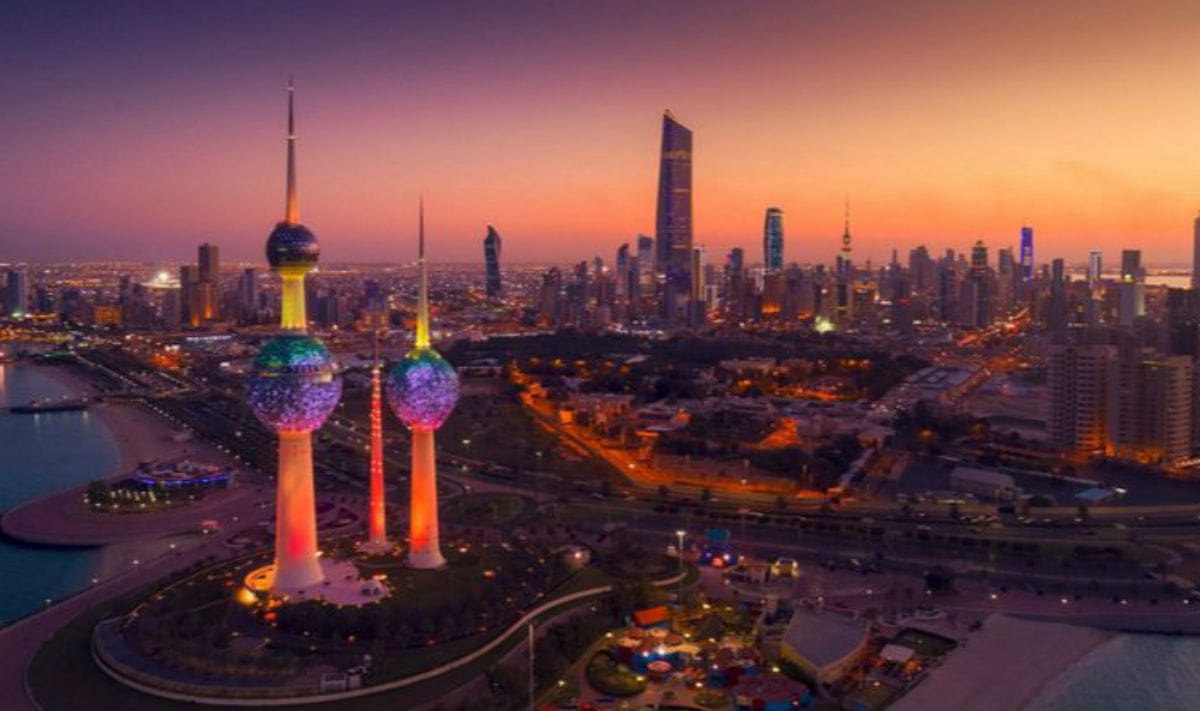
According to the World Bank, Kuwait is the fourth richest country in the world per capita. Kuwait is the second richest GCC country per capita (after Qatar). Kuwait is again the part of Arab Countries having a separate entity but what makes this country one of them is the abundance of the Natural Resources that generates the revenue for the development of the nation.
Taxes are the secondary in Kuwait and hence anyone residing in this country, irrespective of their nationality, is granted the privilege of tax-free personal incomes. This essentially means that Kuwait’s tax law does not define the concept of resident and non-resident.
However, a corporate tax is levied on foreign corporates in the country. These foreign companies have to pay 15 per cent of their income to the Kuwaiti government.
- Monaco
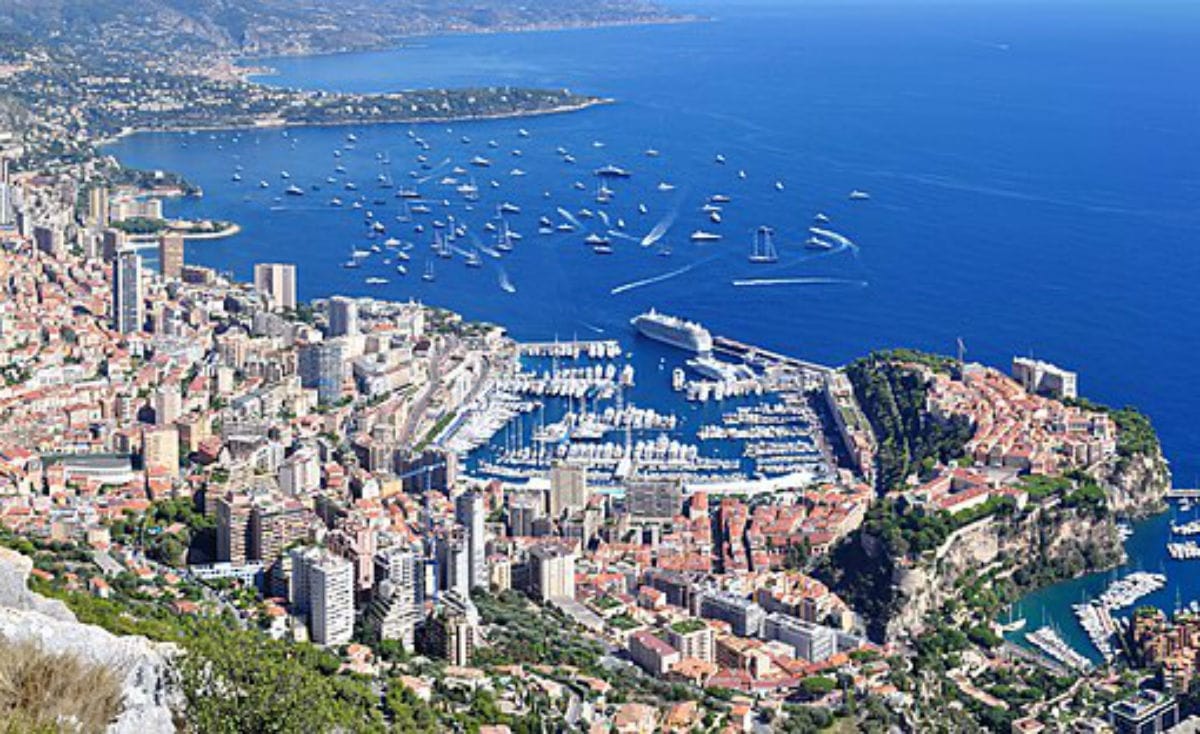
Monaco is considered a tax haven because of its tax laws and policies. A person must live in the principality for six months and one day out of the year to be considered a resident. Monaco does not collect capital gains taxes and does not levy net wealth taxes.
This city-state also does not collect taxes on capital gains and net wealth. Residents can enjoy tax-free property ownership in Monaco, however, 1 per cent tax is collected from rented properties annually.
Monaco also does not have a general corporate tax. Only certain types of companies whose profits are 25 per cent or more on their operations existing outside the country gets subject to taxation.
- Oman

A major incentive for expats moving to Oman is the country’s tax haven status. As is common in some of the Gulf countries, income is not taxed. There are very few personal taxes in Oman, as most of the country’s tax revenue comes from corporate income.
This Gulf nation has lenient and business-friendly tax laws. It does not collect taxes on personal incomes of residents or non-residents. Wealth, capital gains along with property all come under the ambit of these tax-free laws.
Business and companies are subjected to 15 per cent tax collection on their taxable income. However, companies involved in petroleum operations have to pay a 55 per cent tax. An income tax can be imposed on expatriates.
- Panama
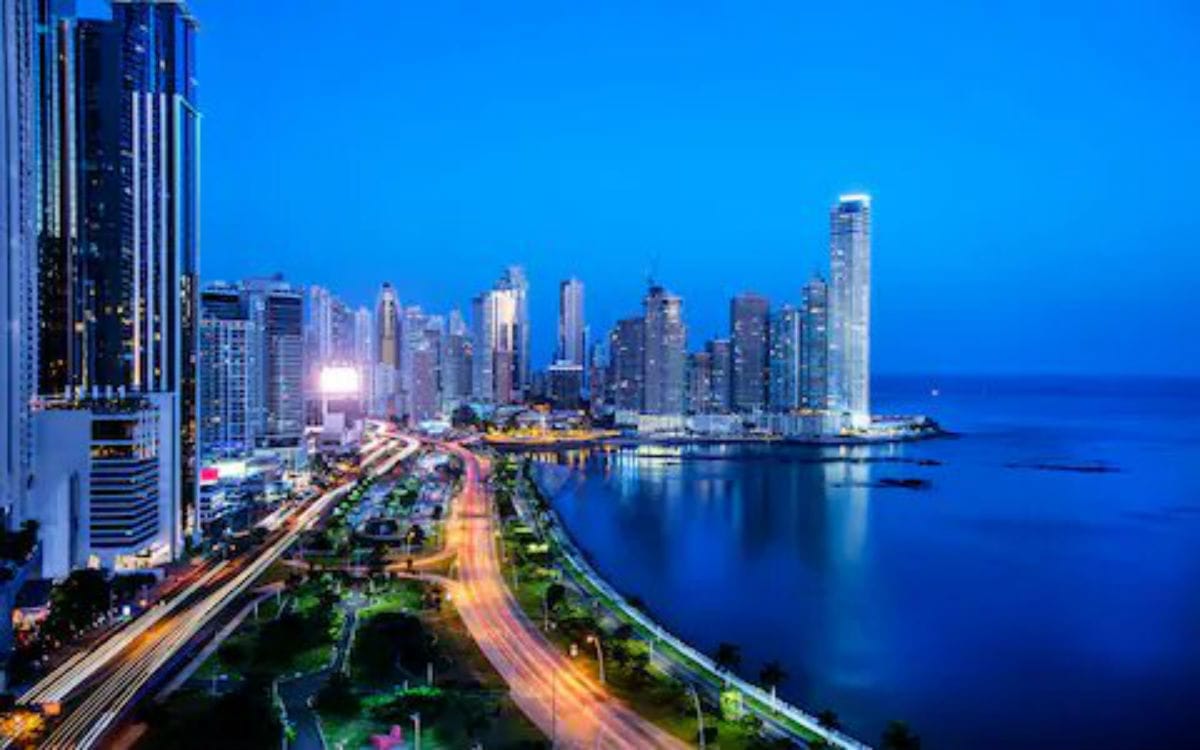
The Republic of Panama is one of the oldest and best-known tax havens in the Caribbean, as well as one of the most established in the region. Panama has had a reputation for tax avoidance since the early 20th century, and Panama has been cited repeatedly in recent years as a jurisdiction which does not cooperate with international tax transparency initiatives.
Panama is considered a pure ‘tax haven’ country with a flexible legal structure and tax-friendly laws. It does not impose income taxes on individuals as well as offshore companies. Offshore companies that engage in business outside the country are granted zero income and corporate tax. However, offshore companies engaged in business locally will be subject to minimal local taxes.
- Bahrain
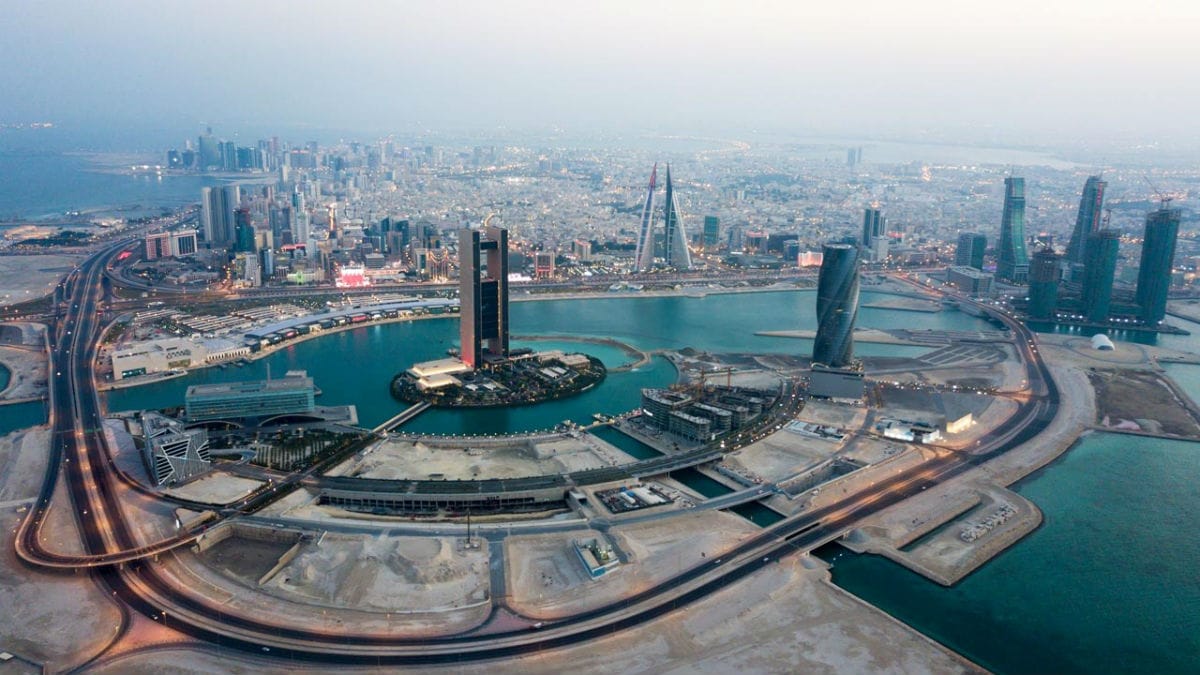
Bahrain, officially the Kingdom of Bahrain, is a small Arab constitutional monarchy in the Persian Gulf. This island country consists of an archipelago of 84 islands (centred around Bahrain Island).
Bahrain was one of the first states in the Persian Gulf to discover oil on its lands. This oil discovery has allowed it to become one of the wealthiest nations in the world and one of the handfuls of countries with no income tax. However, the problem with Bahrain and many other Gulf states is that getting permanent residence can be difficult.
Unlike most countries, Bahrain has no income tax system (so no tax legislation, no tax office employees and no tax returns). Although employees pay no income tax as such, they contribute 6% of their wages as a ‘social security contribution’ and ‘social insurance tax’. In addition, Bahrain does not tax rental income, capital gains, inheritances, or business profits.
Bahrain’s government revenue comes from property taxes, import duties, and its large gas and oil industries.
- Brunei

Brunei is a tiny Sultanate on the Malaysian island of Borneo is another oil-rich country in the world and their oil reserves generate enough wealth to forego the Income Tax. However, unlike Bahrain or the Bahamas, Brunei is extremely difficult to live in.
Brunei offers an offshore company a number of favourable conditions. With the highest macroeconomic stability in the world and the third most favourable tax regime in all Asia, together with inflation as just 1.2%, Brunei is an ideal location for a financial company in a rapidly expanding economy in a relatively undiscovered part of the Asiatic world.
One may not get lucky to become the citizen of Brunei unless they somehow gain the approval of the Sultan. Brunei mostly just exemplifies how countries with no income tax are not necessarily hubs of economic freedom.
- Cayman Islands
 Like the Bahamas, the Cayman Islands’ scenic beaches draw in enough tourists to keep its government afloat without the need for income tax. However, if you want to live there long-term, be prepared to invest a considerable amount of money.
Like the Bahamas, the Cayman Islands’ scenic beaches draw in enough tourists to keep its government afloat without the need for income tax. However, if you want to live there long-term, be prepared to invest a considerable amount of money.
You’ll need to be making $145,000 per year and invest at least $600,000 in real estate or local companies if you want to live on Grand Cayman, and from there, you’ll need to wait another eight years for permanent residence.
Cayman is in fierce competition with other international finance centres: Switzerland, Hong Kong, Luxembourg, the US state of Delaware, and, of course, the City of London itself. Tax havens might once have got away with being dodgy, when no one was poking around, looking for corruption, but in 2016, it’s bad for business. If Cayman can beat rival IFCs that is far more lucrative than taking money from a Colombian drug lord or a corrupt football official.
11 Maldives
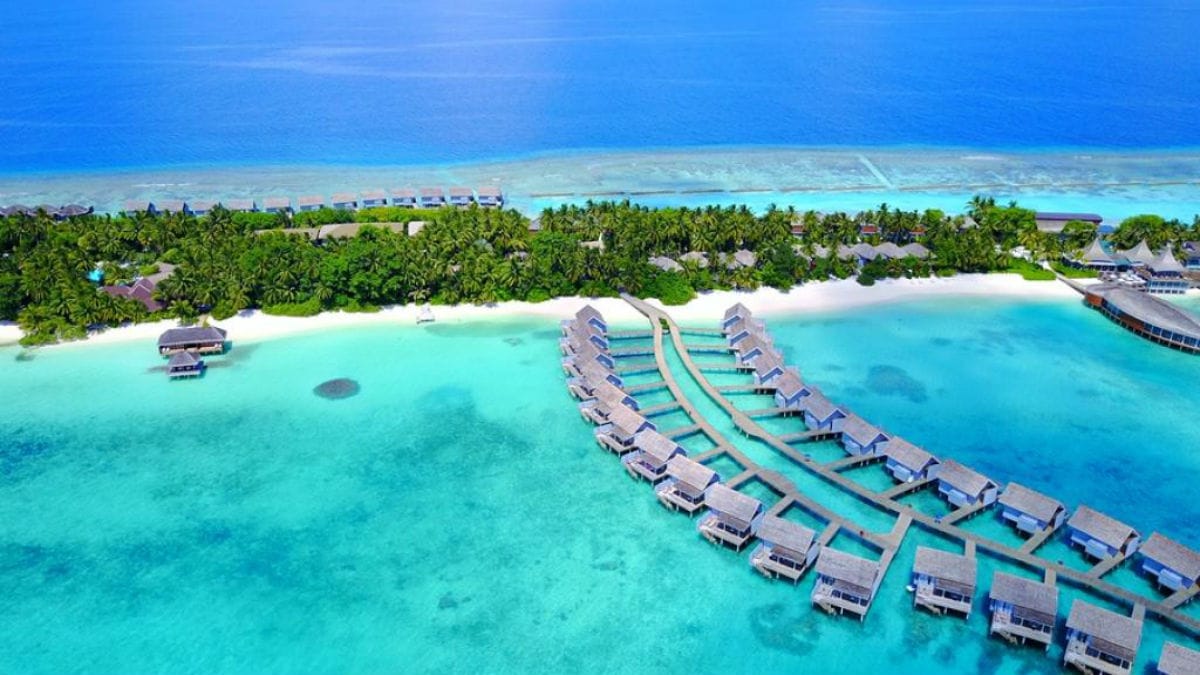
Imagine living in an over-water bungalow without paying a dime in income tax. You can technically do that in the Maldives, a small island country in the Indian Ocean. Thanks to its plentiful and expensive resorts, the Maldives doesn’t see much need for an income tax.
However, while spending your days living tax-free in the Maldives sounds idyllic at first, staying there long-term is close to impossible.
The good news for expatriates coming to the Maldives to work is, do not have to worry of any income tax. For Indians, the earning from a foreign country when you have an NRI (Non-Resident Indian) Status, you do not have to pay tax even in India too.
The Maldives being a Muslim country becoming the citizen is not possible unless you are Sunni Muslim. You need to be a Sunni Muslim to even apply for citizenship or permanent residence. Even if you are Muslim, the country doesn’t have a program for foreigners to become permanent residents let alone citizens. So, while you won’t have to worry about triggering tax requirements as you lounge at the St. Regis, moving to the Maldives is out of the question for most people.
12 Nauru

Nauru is a small island country in Micronesia that was first named “Pleasant Island” by European sailors and currently has no personal income or corporation taxes, and in the noughties, the country was considered effectively bankrupt. Nauru, the world’s smallest republic, has almost exhausted its once-extensive phosphate reserves, and its population of about 10,000 relies on food, water and fuel imports.
Most people only know of Nauru for making headlines as the location of a controversial Australian-run detention camp for asylum-seekers. Although Nauru certainly has many of the charming features that draw visitors to other Pacific islands, the island’s phosphate mining industry has decimated its economy. It may even be sinking into the Pacific Ocean, too, thanks to rising sea levels.
In fact, Nauru is among the world’s countries with no taxes because of the government’s last-ditch efforts to keep its economy afloat. If you’re looking for a peaceful tax haven in the South Pacific, Nauru might not be your best bet.
13 Somalia

Not all the countries that have tax free heaven are rich and self-sustained and Somalia is one of them. Part of the reason why Somalia has no income tax is because of its status as a failed state. After the country descended into civil war in the early 1990s, its government has struggled to regain control. Insurgent groups like al-Shabab still control large swaths of the country’s territory.
At its worst, the Somali central government-controlled only a handful of city blocks in Mogadishu. Today, Somalia has become a bit more stable. While it still struggles with civil war, major accomplishments like the first commercial flight to Mogadishu from Ethiopia in nearly four decades have renewed hope that the country isn’t too far gone. However, Somalia’s emergence from decades of conflict might mean the end of its zero-tax status as the country repays its foreign debts.
14 Vanuatu
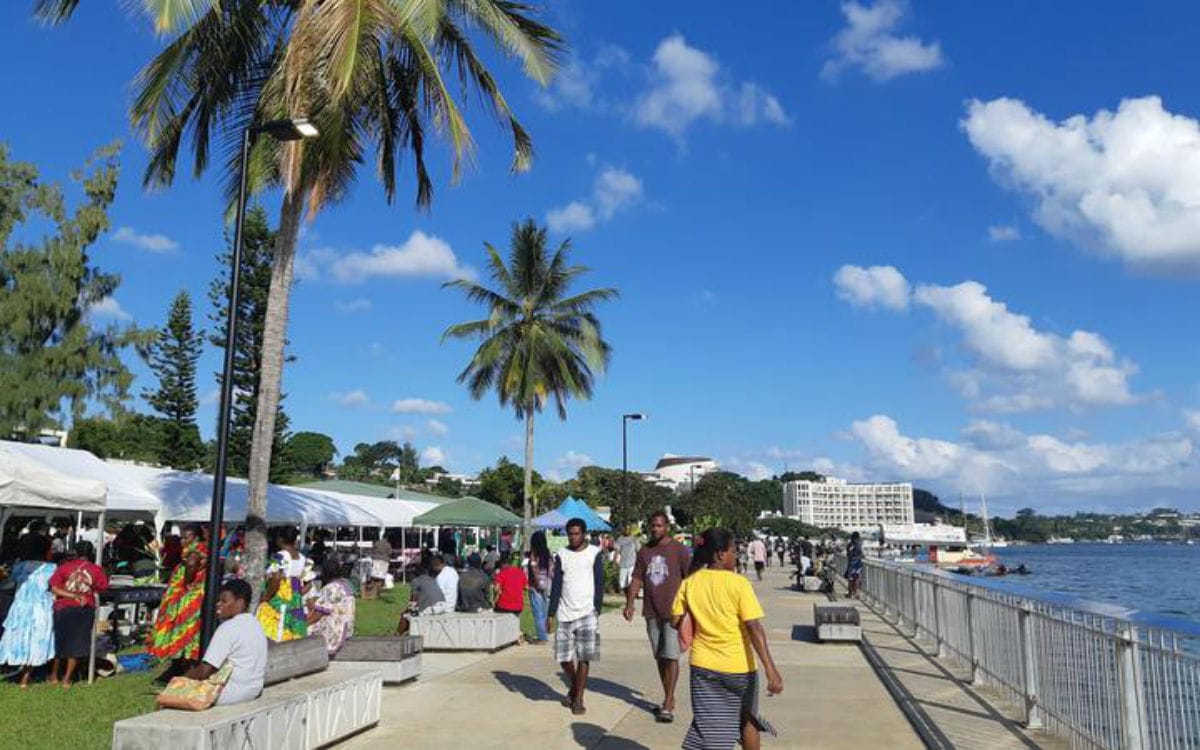
Vanuatu has zero corporate tax, it also has no income tax, no capital gains tax, no estate tax, no wealth tax, no withholding tax, no gift tax and no other personal income taxes. Vanuatu companies will operate tax-free in Vanuatu as long as their earnings are accumulated outside of the country.
Like many other island nations, Vanuatu relies on tourism revenue to fund its government. It’s also one of the few countries with no taxes where you can get a second passport quickly, easily, and (relatively) cheaply.
The only drawback to Vanuatu is getting there. Although I’ve found a handful of inexpensive flights from hubs like Kuala Lumpur, travelling it is time-consuming and costly. However, since Vanuatu is one of the easiest countries with no taxes for citizenship by investment, going there may be worth the trouble.
15 Western Sahara

You probably won’t want to go to Western Sahara anytime soon, but it’s important to get a full picture of all countries with no income tax. Western Sahara, otherwise known as the Sahwari Republic, is an anomaly among countries with no income tax.
Western Sahara is a disputed territory on the northwest coast and in the Maghreb region For the partially recognized state that controls the Free Zone and claims sovereignty over Western … Fuel is sold at half the price, and basic goods are heavily subsidized; businesses operating in the territory do not pay taxes
Western Sahara doesn’t have enough income from its natural resources to subsidize a tax-free state, and it’s not a tourist hub, either. Instead, Western Sahara’s tax-free status likely stems from its territorial disputes. Therefore, although Western Sahara has a favourable tax policy, I wouldn’t recommend living or investing there.
Source: Indian Express | Nomad Capitalist

